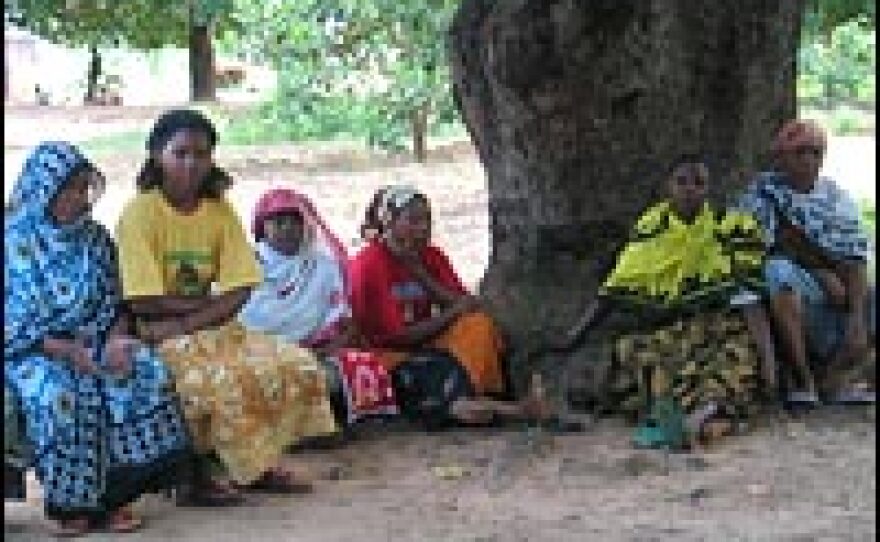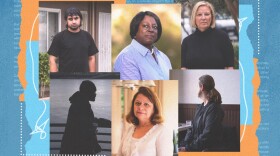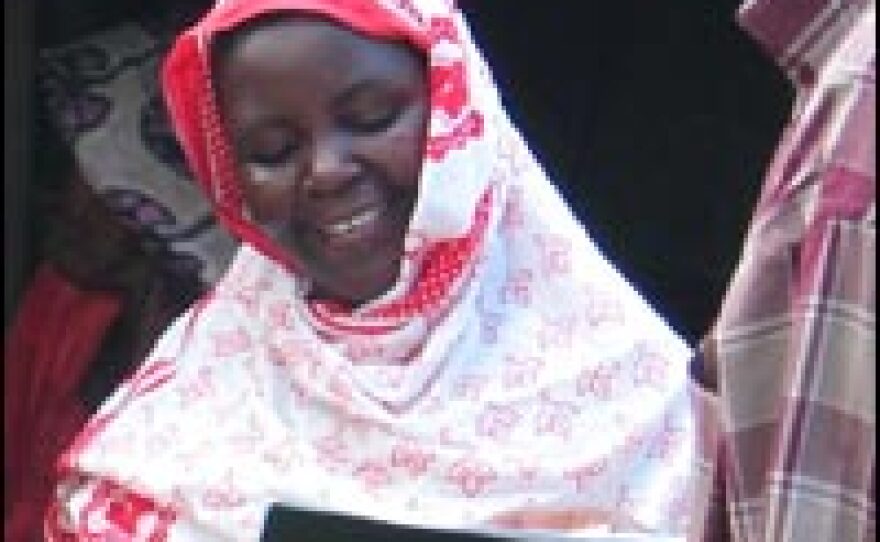
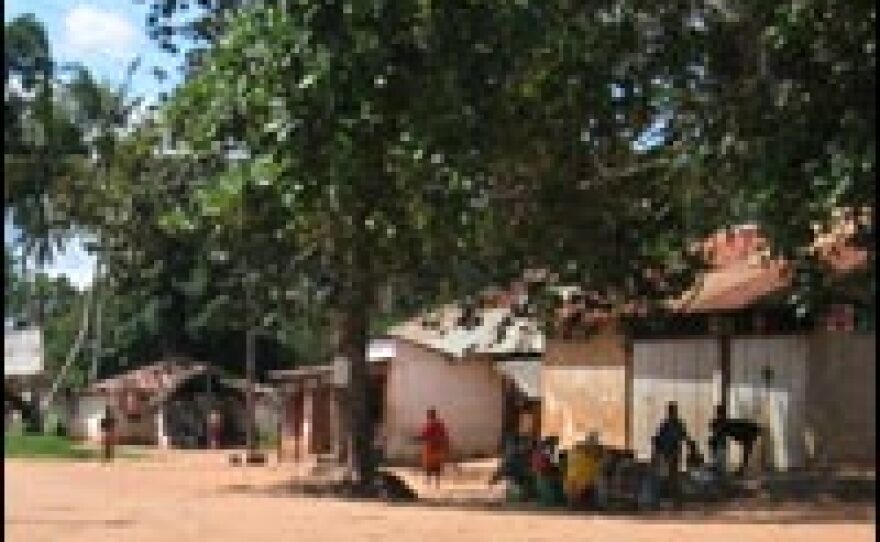
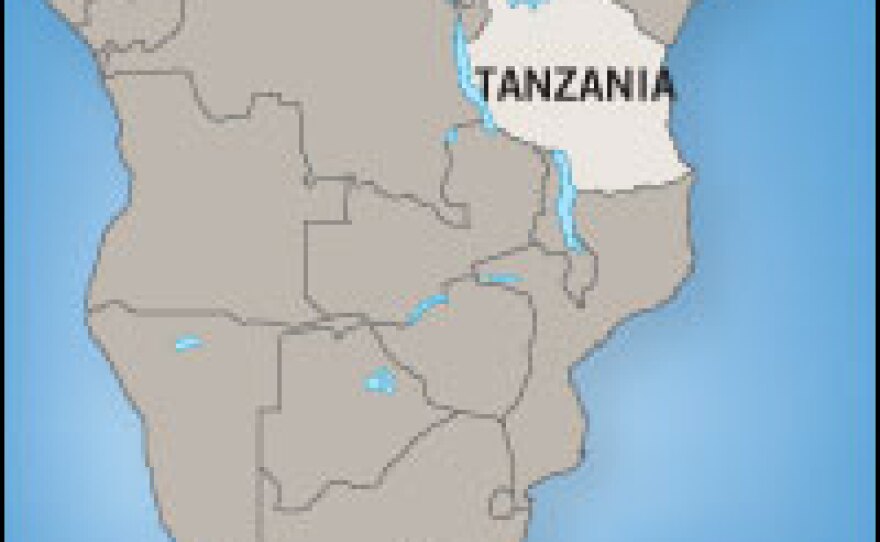
In Africa, women remain among the poorest of the poor, despite producing three-quarters of the continent's food. Most don't have access to the education that would be their path out of poverty. But in the East African nation of Tanzania, some women are trying to gain a foothold toward self-sufficiency.
"[If] you keep in mind that in Africa, the women are not allowed to learn, you will easily understand why they are poor," says Victorine Keonore Djitrinou. She has worked among poor women all over Africa through the United Kingdom-based non-governmental organization ActionAid.
She says that in Africa, not enough emphasis has been put on meeting the United Nations' goal of increasing education for girls.
Women are the backbone of the rural African economy. They farm small plots, sell fruits and vegetables and other items in the villages, and provide basic necessities such as food, medicine and clothing for their families.
They toil often in the absence of men, many of whom work in the mines or other migrant labor far from home. Often the men take second wives and create other families. Some never return, or they return infected with HIV.
Still, some women in rural areas are moving out of poverty.
In the Tanzanian village of Soga, a village savings-and-loan program introduced by the non-governmental group CARE is helping women -- and some men -- generate income. Members pool their money into a fund from which they can borrow, paying back with interest. Profits, including interest earnings, are shared by the individual members.
Copyright 2022 NPR. To see more, visit https://www.npr.org. 9(MDAzMjM2NDYzMDEyMzc1Njk5NjAxNzY3OQ001))


